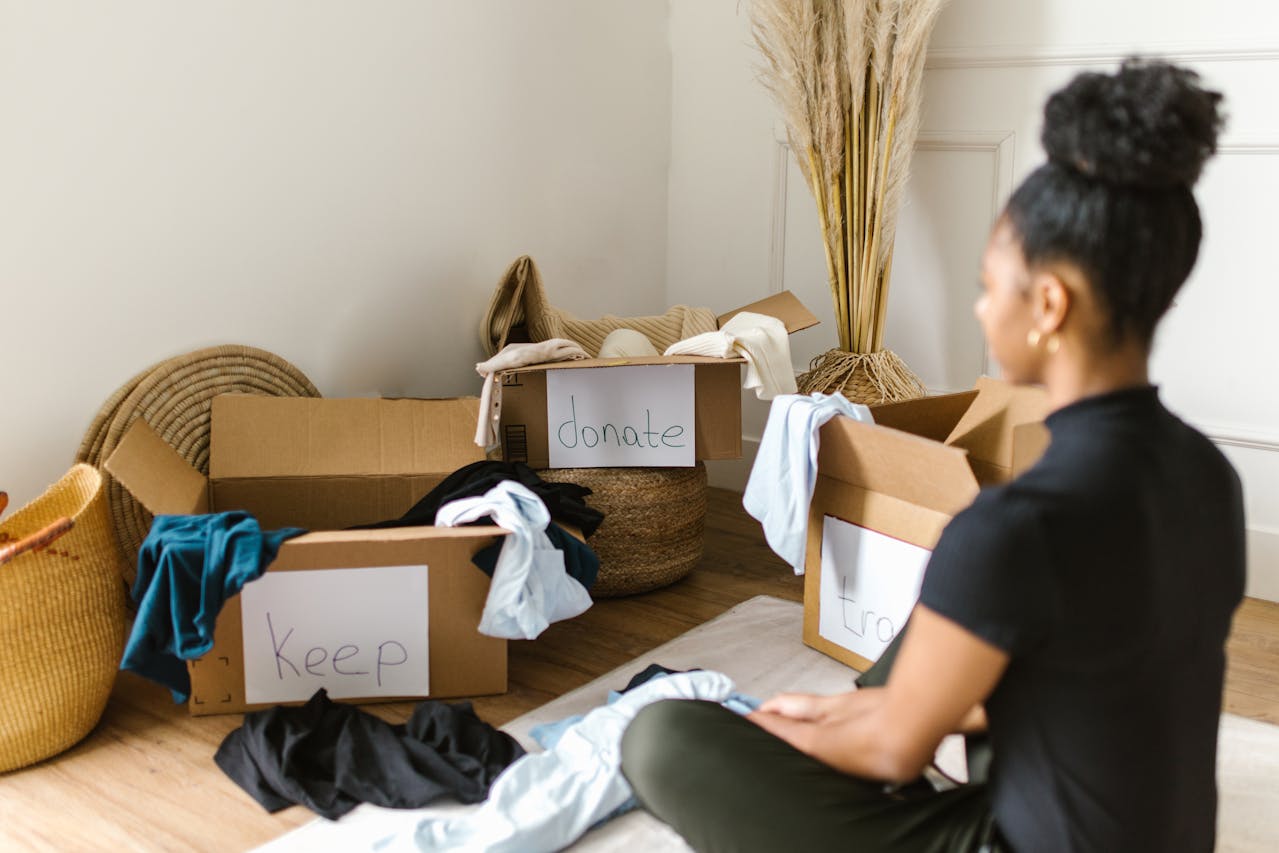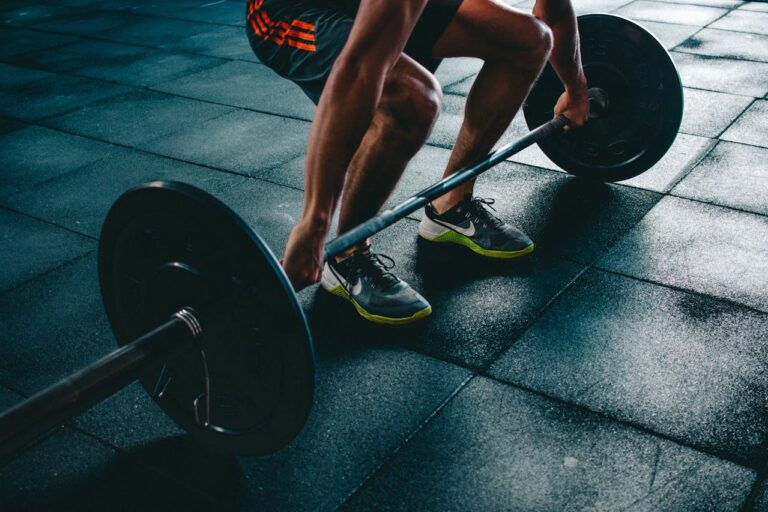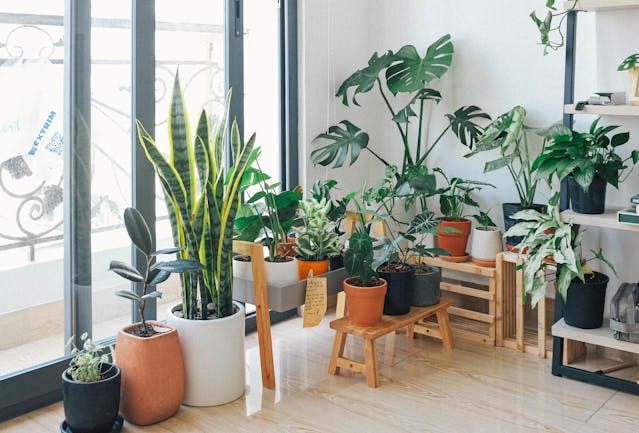Write Us: hello@ali5.org
The Minimalist Lifestyle: How Owning Less Can Make Life Feel Bigger
Ready to declutter your life? Learn how embracing a minimalist lifestyle can bring more freedom, focus, and meaning, without giving up everything you love.

Minimalism isn’t about living in an empty white room with one chair and no personality. It’s not about giving up everything you love or becoming some kind of aesthetic monk. At its core, minimalism is simply about this:
Owning less so you can live more.
We have more ads, distractions, and stuff around us than ever before in 2025. But with all that extra stuff, something is missing: peace, clarity, and space. That’s why more and more people are choosing minimalism as a way of life, not just a design trend.
It makes space for what matters. Let’s talk about what the minimalist lifestyle really is, why it’s becoming more popular, and how it can make your life feel bigger instead of emptier.
What Is Minimalism (Really)?
Minimalism isn’t about following rules or being perfect. It’s not “own exactly 33 items” or “never buy anything again.” It’s about being intentional.
It means asking yourself:
-
Do I need this?
-
Does this add value to my life?
-
Is this getting in the way of something more important?
Minimalism isn’t anti-stuff. It’s pro-purpose. You don’t need to live out of a backpack. You just need to own your stuff, don’t let your stuff own you.
Why People Are Choosing Minimalism in 2025
Here’s the thing: clutter isn’t just physical, it’s mental. And by 2025, our brains are worn out. We want things to be simple more than ever because our inboxes are always full, our shopping habits are based on algorithms, and we are always “on.”
Why minimalism makes sense right now:
-
The cost of living is rising, and people want to spend less and save more.
-
Sustainability matters, and buying less means less waste.
-
Mental health awareness is growing, and studies show clutter increases stress and anxiety.
-
Remote work has blurred lines, and more people want homes that feel calm, not chaotic.
Minimalism isn’t about deprivation, it’s about freedom.
The Big Benefits of Owning Less
Here’s what happens when you cut the excess:
1. You Save Time
No more spending hours cleaning, organizing, or digging through drawers looking for that one thing. Fewer possessions mean faster decisions, easier routines, and more time doing stuff you care about.
2. You Spend Less Money
Impulse buying fades when you’re intentional about what you bring into your life. You’ll start questioning, Do I need this? Or am I just bored, stressed, or influenced by an ad?
3. You Create Space for What Matters
Less stuff = more space. Physically, emotionally, mentally. You start to notice things you used to rush past. You might spend more time outside. Or with people. Or just with yourself.
4. You Feel Calmer
Your environment impacts your brain. A cluttered space makes it harder to focus and relax. A clear space signals peace. That calm you feel in a tidy hotel room? You can feel that at home, every day.
How to Start Living Minimally (Without Going Extreme)
You don’t need to throw everything out overnight. Minimalism is a process, not a purge. Start small and build momentum.
1. Start With One Drawer, Not Your Whole House
Pick one small space and go through it. Ask:
-
Have I used this in the last year?
-
Would I buy this again today?
-
Is this item adding stress or joy?
Keep what serves you. Let go of what doesn’t. Don’t overthink it.
2. Stop Buying on Autopilot
The next time you’re about to buy something, pause. Ask yourself:
-
Do I already own something similar?
-
Is this solving a real problem or just filling space?
-
Will this add clutter or clarity to my life?
Even one less impulse buy per week adds up, financially and emotionally.
3. Digitize What You Can
Photos, documents, even books, if they can be stored digitally, do it. Free up space without losing memories or essentials. Just be sure to back things up.
4. Declutter Emotionally, Too
Minimalism isn’t just physical. Let go of:
-
Toxic relationships
-
Overbooked calendars
-
Social media accounts that drain you
-
Habits that keep you overwhelmed
The mental clarity that comes with letting go? That’s the real magic.
5. Redefine “Enough”
Ask yourself: What does enough look like for me?
It might be 10 outfits instead of 30. It might be one hobby you love instead of five you half-finish. It might be one meaningful hour with your kids instead of a jam-packed weekend of forced fun.
Minimalism helps you focus on what you truly value, then let go of the rest.
What Minimalism Looks Like in Real Life
It’s not always Instagram-perfect. Minimalism might mean:
-
A small but cozy home with no “junk drawer”
-
A wardrobe of clothes you wear
-
A digital life with notifications turned off
-
Meals made from pantry staples instead of 15 random sauces
-
A to-do list that fits on one sticky note
And most importantly, it’s a life that feels lighter.
Minimalism and Sustainability: A Perfect Match
In 2025, more people are realizing that buying less is one of the most effective ways to help the planet. Fewer purchases mean less manufacturing, packaging, shipping, and waste.
By choosing to live with less, you’re not just helping yourself; you’re lowering your footprint. It’s a lifestyle that supports both personal well-being and environmental responsibility.
Final Thought: Life Feels Bigger When It’s Not Full of Junk
Minimalism doesn’t shrink your life. It expands it.
When you stop chasing stuff, you make room for experiences, creativity, relationships, and rest. You stop managing piles of things and start living. And isn’t that the point?
So no, you don’t have to throw out all your clothes or live in a tiny house. You just have to ask: What do I need, and what’s just noise? In a world constantly telling you to add more, minimalism is the quiet, powerful choice to subtract.
And in that space? Life gets bigger.







